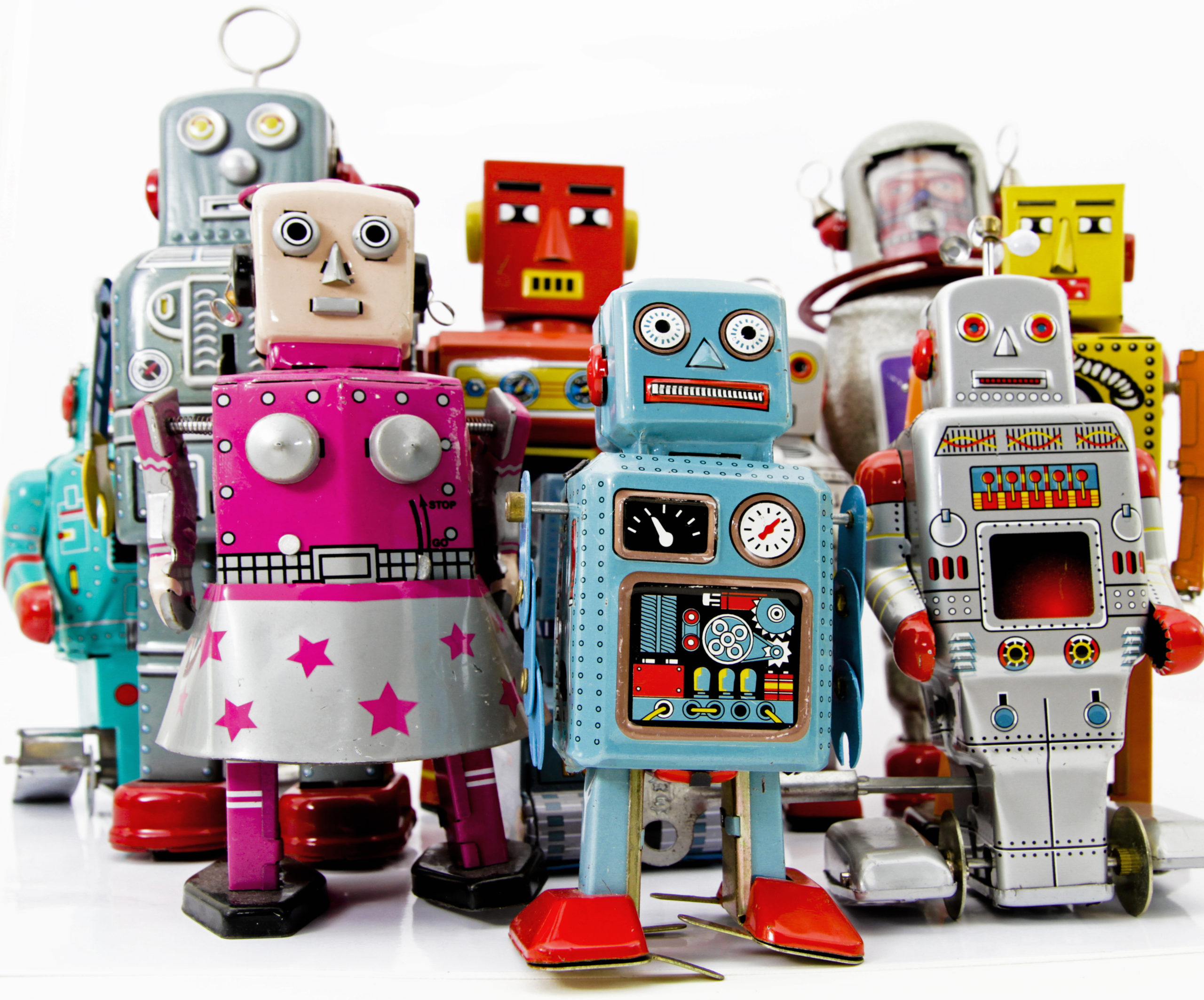Google AI is affecting SEO – partly because it likes your writing better than its own.
| TL; DR Google AI affects SEO in 3 key ways: 1. It now looks for expertise, authority and intent more than keyword stuffing 2. It rewards original thinking over bland copy 3. It understands these come from humans more than from AI-generated content |
Google no longer just directs you to content, it generates AI answers through Search Generative Experience (SGE). But what does that mean for SEO?
Ask Google any question and you’ll now get a crisp AI-powered (SGE) response at the top of the page. Paid SEO and traditional organic links? They’re buried down below. Will most people really bother scrolling that far?
If you want people to find you, click through to your website, and actually read what you have to say, you now have one job: Forget traditional SEO and get your message into Google AI’s (SGE) answers. And there’s only one way to do that – create high-quality, insightful and original copy.
The kind only a human can write.
So if you’ve put all your faith in machines, and you’re one of the many businesses churning out AI-only content, you’re not just wasting your time – in the age of Google AI you’re falling further behind in the SEO and web traffic game.
Here’s why human-written copy still matters.
1. Because everything Google AI knows about SEO it learned from us
Google AI didn’t invent knowledge. It scraped it. The answers it’s giving you, it builds from blog posts, explainers, guides and articles written by people like you and me.
This post? The explainer you wrote back in 2019 and forgot existed?
Google AI has read it. Indexed it. And it might be quoting it right now to answer someone else’s question.
Because AI doesn’t think; it samples. And when it samples, it’s looking for authority, clarity and credibility.
Things humans are still a hell of a lot better at than AI.
2. Because Google AI changed the SEO game from keywords to intent
Old-school SEO writing- and, yeah, it’s weird calling anything to do with SEO content writing old school -was all about keywords.
You’d get a list of phrases to hit and, as a content writer, your job was to weave them in just enough to trick the algorithm without wrecking the story.
That era’s over.
In the age of Google AI, SEO isn’t about bots scanning for keywords anymore. They read for meaning. They want content that understands what the user actually needs, not just what they typed.
The winners in today’s game are the writers who can read between the lines. Who get the nuance. Who can anticipate questions, explain ideas and guide a reader through a topic like a trusted expert – not just spit out matching phrases.
AI can process but it can’t empathise. And it’s empathy that’s needed to unlock intent.
3. Because Google AI can’t lead, it can only remix
AI is brilliant at remixing what’s already out there. It can reword, summarise, even mimic tone. (Have you noticed how ChatGPT now starts writing the same way you do?)
But AI can’t think. It doesn’t have ideas of its own. And it sure as hell doesn’t take a stand.
You have conversations. AI runs code.
If your content strategy is just feeding prompts into ChatGPT and hitting publish, don’t kid yourself. You’re not building a brand, you’re building wallpaper. You’ll blend in with everyone else doing the same thing – including your competitors
Original thinking still matters. A sharp perspective still matters. A human voice still matters.
Because Google AI (SGE) isn’t doing SEO by quoting the tenth AI-written blog post that says the same thing as the last nine.
It’s quoting the one that said something first, and said it with guts.
4. Because in a world of AI noise, human signal stands out
Let’s face it. The internet is now flooded with low quality AI-generated crap. (There’s no other word for it.) Rehashed ideas. Generic phrasing. Articles that may appear on the surface to say something but really say nothing at all.
Now everyone’s using AI to crank out the same recycled takes, the internet has begun to feel like one big, bland echo chamber.
But guess what? That’s your opening.
Because when you say something you actually stand out.
Original writing still pops. It catches the eye. Earns trust. It gets quoted, bookmarked and linked to.
And Google AI notices that.
That’s why it links to human content, not AI-produced crap.
5. Because trust still matters, and humans still earn it
AI might be able to summarise, paraphrase, and stitch together answers. And that’s exactly how you should be using it.
But it can’t build trust. That’s how you shouldn’t.
Readers still want to know: Who wrote this? Why should I believe them? Do they actually know what they’re talking about?
Trust doesn’t come from a string of words. It comes from voice, authority, experience and intent.
And Google AI (SGE) knows it. That’s why our SEO expert friends at Rocket Agency point out, it now prioritises E-E-A-T: experience, expertise, authority, and trustworthiness.
You don’t get that from a faceless AI output. You get that from some with a real track record, real insight and real skin in the game.
So if you want Google AI to cite your work for SEO – and for readers to trust what it says – you’d better show up like someone worth quoting.
Because in a world full of machine-made content, being a human who actually knows what they’re talking about is a bigger competitive edge than ever before.
In the age of Google AI, the future of SEO is human. Again.
For a while, SEO looked like a formula, or a numbers game. Keywords, rankings, backlinks.
For writers, it became paint-by-numbers (or worse, write by numbers). Mind numbing work with zero creativity.
Now, with AI generating answers at the top of every search page, the game has 100% changed.
The winners in 2025 won’t be the ones who churn out the most content. They’ll be the ones who create the best content.
The most original. The most insightful.
The most human.
Because that’s what people actually want to read and Google’s AI knows it.
So don’t try to out-machine the machines.
Think like a human.
Be the voice that stands out when everything else sounds the same.
Don’t waste your time trying to get robots to beat the algorithm.
Write something good so the algorithm quote you.
🧠 Want your content to cut through even in the AI era?
Our Content Lab is engineered for the Critical Content that shapes opinion, drives decisions, and builds authority. Harnessing the science of reader and buyer psychology, it can:
- Clarify your positioning and message architecture
- Create high-impact anchor content (like this)
- Blend human insight with AI horsepower the smart way

